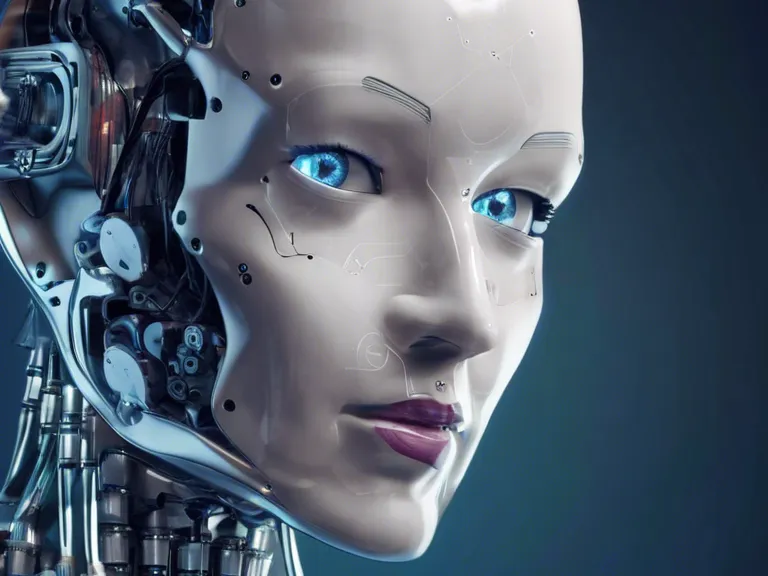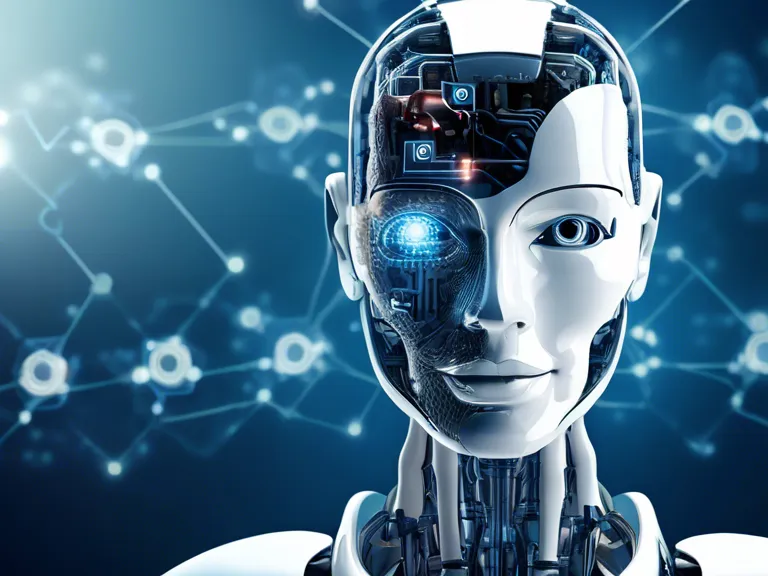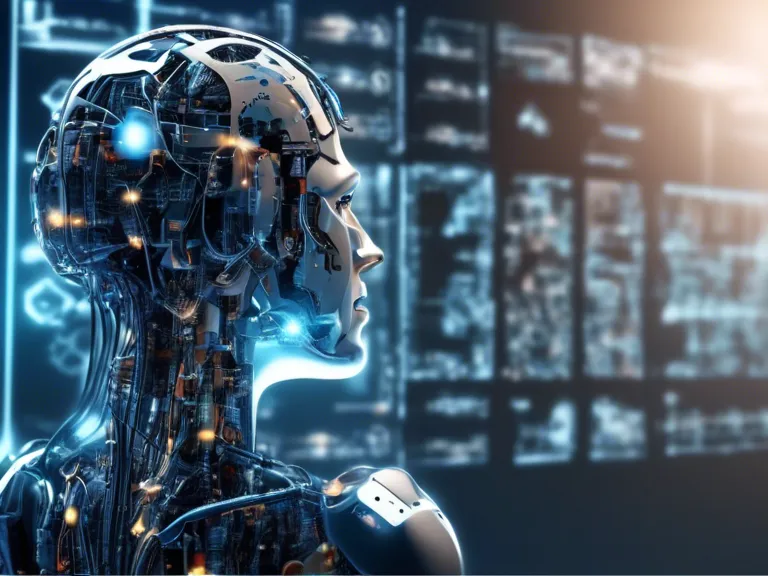
With advancements in technology, artificial intelligence (AI) has become increasingly prominent in our everyday lives. From self-driving cars to virtual assistants, AI is playing a significant role in shaping society. However, as AI becomes more sophisticated, questions about its ethical implications are being raised. Can machines make moral decisions? The answer to this question is complex and has significant implications for the future of AI.
One of the key challenges in discussing the ethics of AI is defining what constitutes moral decision-making. Humans have the capacity to reason, empathize, and consider the consequences of their actions, leading to moral choices. Can machines be programmed to replicate this level of moral decision-making? Some argue that AI can be designed to adhere to ethical principles and guidelines, such as the famous "Three Laws of Robotics" proposed by science fiction author Isaac Asimov. These laws include directives such as not harming humans and obeying human commands, aiming to instill a moral framework in AI systems.
However, critics of AI ethics point out that machines lack the essential qualities that humans possess, such as consciousness and emotions. Without these crucial components, can AI truly engage in moral decision-making? Additionally, there is concern about the biases and limitations that could be present in AI algorithms, potentially leading to unethical decisions.
Despite these challenges, there are efforts underway to develop AI systems that are capable of making moral decisions. Researchers are exploring the possibility of integrating ethical frameworks into AI algorithms, enabling them to consider moral dilemmas and make ethically sound choices. By incorporating ethical principles into AI development, there is potential to create machines that can align with human values and act ethically.
In conclusion, the question of whether machines can make moral decisions is a complex and multifaceted issue. While there are challenges and limitations to overcome, the development of ethical AI systems holds promise for the future. By continuing to explore the intersection of AI and ethics, we can work towards creating AI technologies that align with our moral values and contribute positively to society.



